In today’s rapidly evolving business landscape, organizations are constantly seeking ways to optimize their operations and enhance efficiency. One area where technology has made a significant impact is human resources management. HR software solutions offer a wide range of benefits for businesses of all sizes, helping streamline processes, improve productivity, and drive organizational success. In this blog post, we’ll explore five key benefits of implementing HR software in your organization.
Streamlined Processes: HR software automates many routine HR tasks, such as employee onboarding, time tracking, payroll processing, and performance management. By eliminating manual processes and paperwork, HR software helps streamline work flows, reduce administrative burden, and free up valuable time for HR professionals to focus on more strategic initiatives.
Improved Data Management: With HR software, organizations can centralize and organize employee data in a secure and accessible manner. From personal information and employment history to training records and performance evaluations, HR software provides a single source of truth for all HR-related data. This not only improves data accuracy and consistency but also facilitates informed decision-making and compliance with regulatory requirements.
Enhanced Employee Engagement: HR software solutions often include features such as employee self-service portals, performance feedback tools, and communication platforms. These tools empower employees to take more control over their own HR-related tasks, such as updating personal information, submitting time-off requests, and accessing company policies and resources. By promoting transparency, communication, and engagement, HR software helps create a positive employee experience and foster a culture of collaboration and accountability.
Better Compliance Management: Compliance with labor laws, regulations, and industry standards is a top priority for organizations. HR software can help ensure compliance by automating compliance-related processes, such as tracking employee certifications and licenses, managing documentation for regulatory audits, and generating compliance reports. By providing built-in compliance features and regular updates to reflect changes in regulations, HR software helps organizations minimize the risk of non-compliance and avoid costly penalties.
Data-Driven Insights: HR software often includes robust reporting and analytics capabilities that allow organizations to gain valuable insights into their workforce trends, patterns, and performance metrics. By analyzing HR data, organizations can identify areas for improvement, track key performance indicators, and make data-driven decisions to optimize workforce planning, recruitment strategies, and employee development initiatives. Ultimately, HR software empowers organizations to leverage their HR data to drive strategic growth and achieve their business objectives.
In conclusion, HR software offers numerous benefits for organizations seeking to modernize their HR operations and improve overall efficiency. From streamlining processes and enhancing data management to promoting employee engagement and ensuring compliance, HR software plays a crucial role in driving organizational success in today’s digital age.


